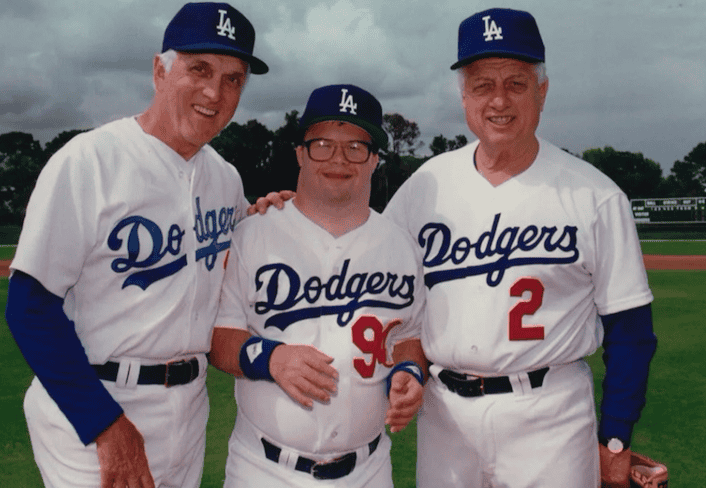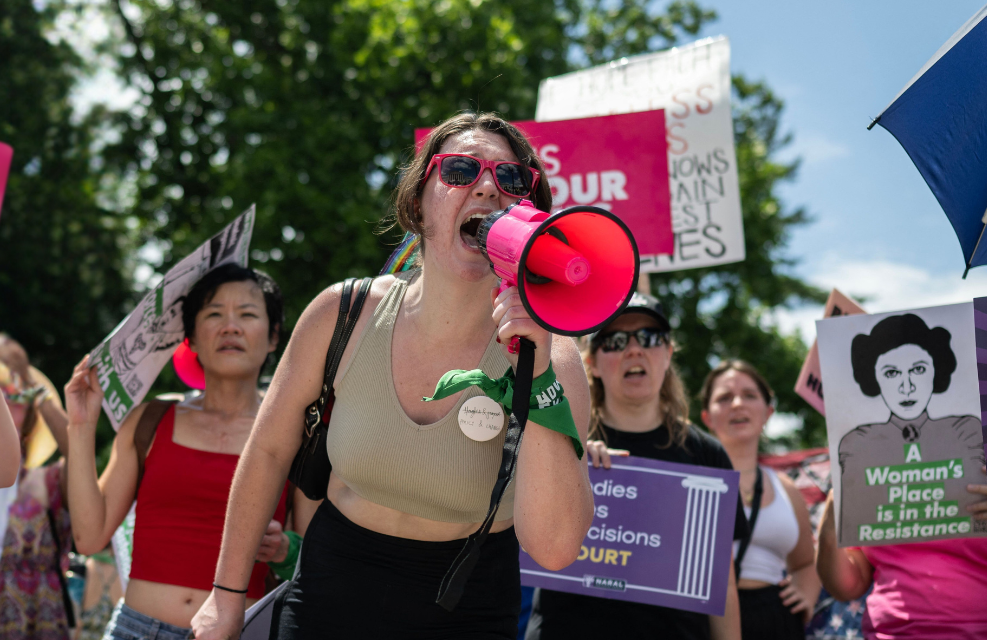Carl Erskine @ 95: The Believing Baseball Star Who Raised a Boy with Down Syndrome and Who Showed the Way on Civil Rights

Octobers feel different for Carl Erskine these days, the former Brooklyn and Los Angeles Dodger pitcher whose tenure on the mound in the late 1940s and ‘50s helped turn “Dem Bums” into a perennial postseason contender.
Carl is 95-years-old now, the last surviving member from the “Boys of Summer” – the Brooklyn players immortalized in Roger Kahn’s book about Jackie Robinson, Gil Hodges, Roy Campanella, Duke Snider, Pee Wee Reese, Carl Furillo – and the Indiana native Erskine.
You wouldn’t expect an aging ballplayer who threw his last Major League pitch in 1959 to still grab headlines or be the topic of much conversation sixty years later, but the arc and sum of Carl Erskine’s journey is about much more than baseball. That’s why filmmaker Ted Green was so enthusiastic about producing a new documentary on the pitcher:
“The Best We’ve Got: The Carl Erskine Story” debuted this past summer in Indiana, and the inspirational movie is currently making the rounds to film festivals and special events.
“I like to tackle stories that celebrate the triumph of the human spirit,” says Green. And in Erskine, Green has found his ideal subject.
Playing on the Brooklyn Dodgers, Erskine’s best friend was Jack Robinson – an unusual friendship given the ongoing racial tensions of the day. “Carl was probably Jackie’s biggest supporter on the team,” said Green.
“Hey Erskine, how come you don’t have a problem with this black and white thing?” asked Jackie Robinson one day. Erskine went on to tell him that he had grown up with an African American friend. “I didn’t know he was black,” Carl told him. “He was my buddy. And so I don’t have a problem. [My friend] Johnny taught me to be colorblind.”
But Erskine’s defense of the underdog would be on even greater display the year following his retirement from baseball in 1960 when Carl and his wife, Betty, gave birth to a new baby. Jimmy was the Erskine’s fourth child, and he was born with Down syndrome – a genetic chromosome 21 disorder causing developmental and intellectual delays.
At the time of Jimmy’s birth, medical professionals recommended the couple institutionalize the boy. The couple refused. Instead, they brought him home to live with the rest of the crew, which included boys Danny and Gary and daughter Susan.
“They let him fly,” Ted Green said. “They took Jimmy out with them wherever they went, to church, to restaurants. It was always Jimmy was there and if he acted up, he acted up.”
Erskine’s experience with Jimmy helped shape him into a fierce advocate for people with disabilities and also propelled him to champion the Special Olympics.
Little Jimmy grew up, of course, and he’s now 62 and has worked at Applebees for more than 20 years.
“They gave him a nice plaque not long ago, with a nice clock (in it) for 20 years of service,” Carl said. “It’s been remarkable he’s been able to do that.”
Jimmy was able to do it because Carl and Betty, along with the entire Erskine family, has recognized their boy and brother is of inestimable worth.
Carl and Betty remain members of the First Baptist Church in Anderson, Ind., and Carl has been volunteering with the Fellowship of Christian Athletes since 1954.
“I happen to have been one of the first athletes invited to this new idea of athletes endorsing their faith in the same way that you might endorse razor blades or shaving cream, or some product,” he says. “Speaking at high schools, universities, campuses, and elsewhere.”
The Carl Erskine story is an uplifting testimony of what Christ can do with a willing servant and a transformed life.
“I always say that Christ gave a lot of great examples throughout his parables,” Carl reflected. “Well, sports is full of great parables about life, and so it was a nice match-up.”
Click here to learn more about THE BEST WE’VE GOT: The Cark Erskine Story.
ABOUT THE AUTHOR
Paul J. Batura is a writer and vice president of communications for Focus on the Family. He’s authored numerous books including “Chosen for Greatness: How Adoption Changes the World,” “Good Day! The Paul Harvey Story” and “Mentored by the King: Arnold Palmer's Success Lessons for Golf, Business, and Life.” Paul can be reached via email: Paul.Batura@fotf.org or Twitter @PaulBatura




